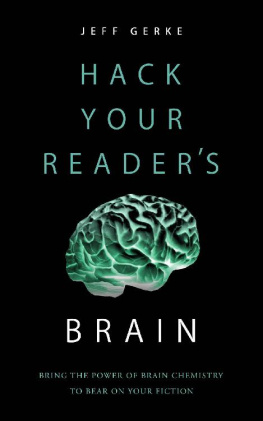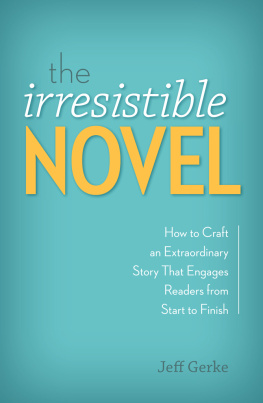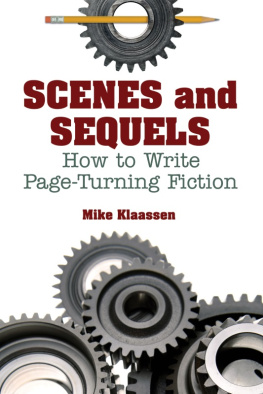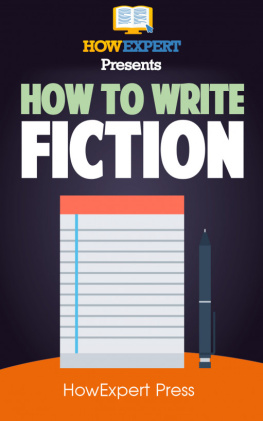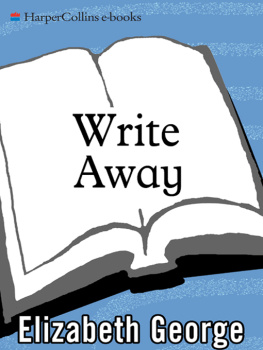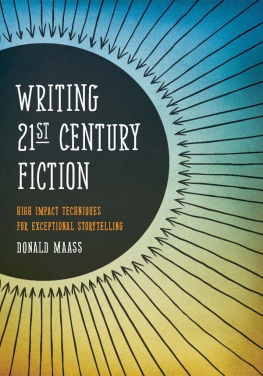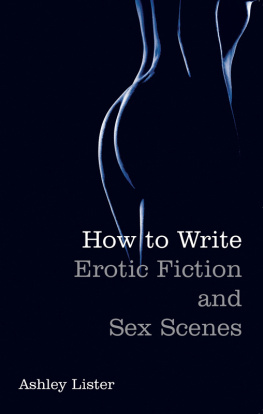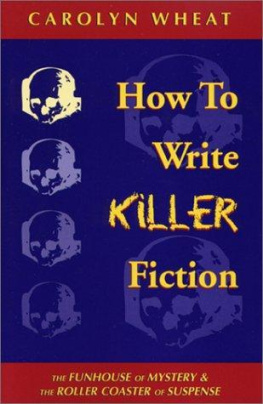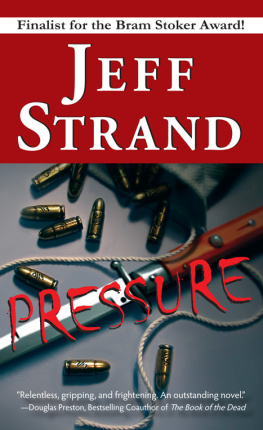Jeff Gerke - Hack Your Reader’s Brain: Bring the power of brain chemistry to bear on your fiction
Here you can read online Jeff Gerke - Hack Your Reader’s Brain: Bring the power of brain chemistry to bear on your fiction full text of the book (entire story) in english for free. Download pdf and epub, get meaning, cover and reviews about this ebook. year: 2016, publisher: Amazon Digital Services LLC, genre: Art. Description of the work, (preface) as well as reviews are available. Best literature library LitArk.com created for fans of good reading and offers a wide selection of genres:
Romance novel
Science fiction
Adventure
Detective
Science
History
Home and family
Prose
Art
Politics
Computer
Non-fiction
Religion
Business
Children
Humor
Choose a favorite category and find really read worthwhile books. Enjoy immersion in the world of imagination, feel the emotions of the characters or learn something new for yourself, make an fascinating discovery.
- Book:Hack Your Reader’s Brain: Bring the power of brain chemistry to bear on your fiction
- Author:
- Publisher:Amazon Digital Services LLC
- Genre:
- Year:2016
- Rating:4 / 5
- Favourites:Add to favourites
- Your mark:
Hack Your Reader’s Brain: Bring the power of brain chemistry to bear on your fiction: summary, description and annotation
We offer to read an annotation, description, summary or preface (depends on what the author of the book "Hack Your Reader’s Brain: Bring the power of brain chemistry to bear on your fiction" wrote himself). If you haven't found the necessary information about the book — write in the comments, we will try to find it.
Hack Your Readers Brain is the first book I would suggest novelists read before or during writing. Jeff has broken the power of fiction down to the very basics of how good fiction actually affects the human brain, how it makes us feel if we do it right. Other writing books contain some of these points, but Jeff explains not just the how but the why. I dont know if every author who follows his advice will write a best-seller, but he/she will write books people will read, talk about, and remember! Bravo, Jeff! Lyn Cote, USA Today Best-Selling Author of over 40 novels
When we write fiction, we hope it will be effective. We hope it will thrill our readers. We hope they will be engaged.
What if you were handed a tool that took the guesswork out of it and changed your hoping to knowing?
This is that tool.
The human mind works in predictable ways, and neuroscience has explained the brain chemistry behind them.
Hack Your Readers Brain brings the power of cutting-edge research to bear on your fiction.
- Know your opening will catch the readers attention
- Know your reader will become emotionally engaged with your hero
- Know how to keep your reader engaged and when to give him a break
- Know exactly what to do in the climactic moment
- Know what your readers brain absolutely must have at the end
Five-time Writers Digest author and internationally acclaimed fiction teacher Jeff Gerke takes you away from all the noise and uncertainty of writing fiction and moves you to the position of knowing precisely what to do to keep your reader turning pages deep into the night.
Jeffs books are my go-to for writing craft. If you hope to write an engaging novel, you need to read Hack Your Readers Brain. Ill be re-reading it with every new book I write and I highly recommend it. Jeff dissects the essentials with the expertise of a surgeon and leaves you equipped to become a bestselling author. Nadine Brandes, multiple award-winning novelist
Writing is an art, but connecting with your readers emotions is a science. Jeff Gerke, one of the leading writing teachers in the country, will show you how to keep your readers riveted and engaged from beginning to end. And you dont need a degree in neuroscience to benefit from this powerful book: Jeff breaks it all down into practical steps and principles you can instantly apply to your novel. If youre looking for the secret to becoming a more successful writer, youve got to read Hack Your Readers Brain. Jim Denney, author of the Timebenders series and Writing in Overdrive
What I loved about Hack Your Readers Brain is that Jeff practiced what he preached and hooked me from the first paragraph. I found myself nodding in agreement, relieved to have also found solace in knowing I wasnt alone in my frustration. His approaches to catching the readers attention are doable. And, as a writer, I was engaged and excited about what I was readingexactly what a bestseller should create. Christa Allen, novelist
Hack Your Readers Brain puts a new spin on the novelists age-old struggle to write a book readers simply cant put down. With clear-cut steps on how to captivate a readers attention from the first line and hold it until the very endalong with the reasons those methods actually workthis short book is one of the best tools for novelists Ive come across. I know Ill be referring to it again and again. Carol Cox, author of the Arizona Territory Brides series
Jeff Gerke: author's other books
Who wrote Hack Your Reader’s Brain: Bring the power of brain chemistry to bear on your fiction? Find out the surname, the name of the author of the book and a list of all author's works by series.

